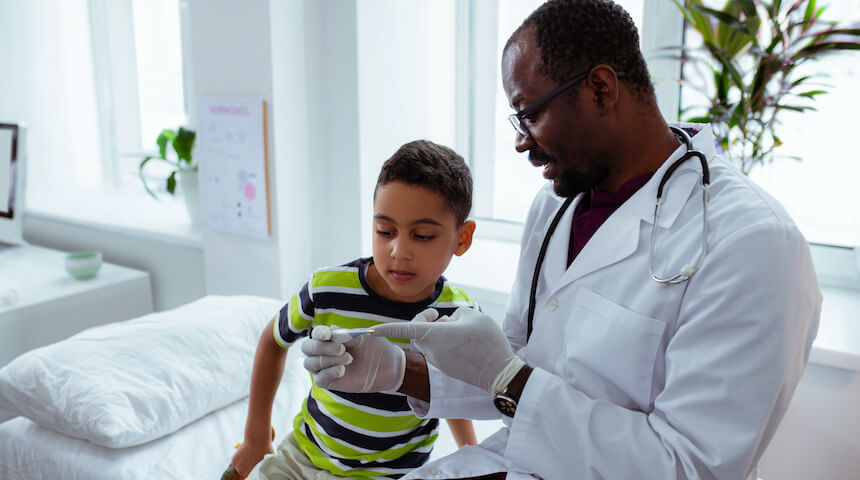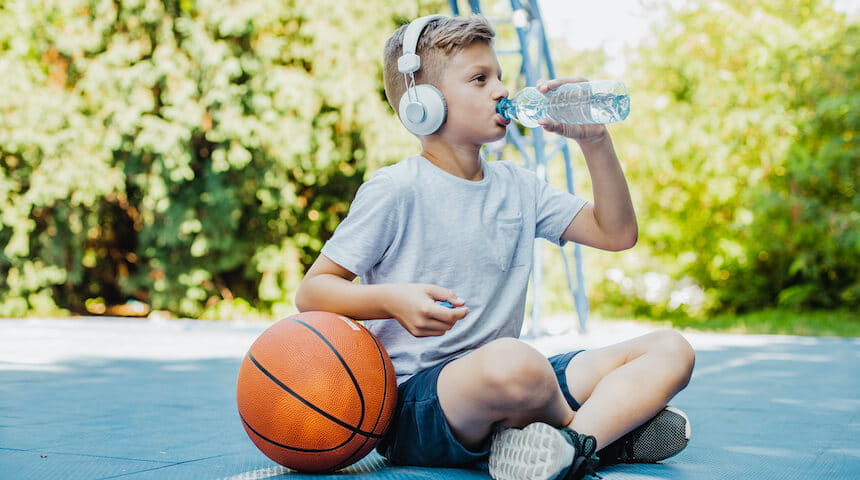Even with COVID-19 — the disease caused by the new strain of coronavirus — regularly in the news, a lot of unknowns still remain. Even with a steady string of updates, facts and statistics to digest each day, it’s difficult to know what to do or what to say inside the walls of your own home.
Here are some suggestions to consider for you and your loved ones during what can seem like a confusing time:
Protect Your Family
The best protection you can implement is preventing the spread of any kind of illness — seen or not seen, whether it’s COVID-19 or something else — to other children, parents and grandparents who may be more susceptible to contracting viruses. Do this by encouraging your kids to wash their hands. Make certain they are not sharing any cups or spoons, especially if they have a runny nose or are coughing. It’s easier said than done, but highly important. This is how parents can help to protect those in their household and beyond from getting unnecessarily sick.
Practice Social Distancing
Many area schools and daycares are closed for a specific reason — so the spread of this contagious virus may be slowed. This is a time to practice social distancing. Do not use this time to go to the beach or camping. Do not use this time to go on a family vacation where you will be around large crowds of people. Enjoy a staycation instead, staying at home with your family and siblings. Use the coming weeks as an opportunity to reconnect with them. And, as the CDC has strongly advised, remain in small groups. That way, once your children are able to freely interact with their friends again at a future date, they won’t get them sick.
Discuss Your Reasons Why
If your children are teenagers, sit them down and have a serious discussion about what is going on. Help them understand why they can’t go to a party. Let them know why this is important and why there are enforced rules. When they can understand the reasons why you’re doing what you are doing, it helps decrease their desire to want to go out. Even if they do not have apparent signs of a cold or illness, they could still have the virus and spread it to other people unknowingly.
If your children are younger, switch your gears. Try producing activities you can do at home to best occupy your time together. Children’s yoga is a great way to help calm them down (and there are a lot of YouTube sites for that). Family board games, movie nights and coloring books also can help you bond.
Use Technology to Your Benefit
If a family member or friend has cancer, is taking an immunosuppressant or has lupus — or any kind of chronic disease, really — your children should not be spending time with them at all. If everyone is healthy and nobody is on any medications, however, a play date with one friend or neighbor may be considered, but be very careful.
Use technology to your benefit. While it doesn’t quite make up for personal interactions, encourage using Facetime as a way of staying in contact or even make a video to share. Writing letters or drawing pictures are recommended. Maybe even have them send an email to grandma or draw a picture to give as a gift later, when they do see them again.
It can be tough to adjust in these ways, but not impossible. Remember that these suggestions can allow all of you to remain healthy and stay better protected.
Are You Interested in Learning More?
Sign up for our e-newsletter for more tips and best practices from pediatricians.
Sign Up Here










